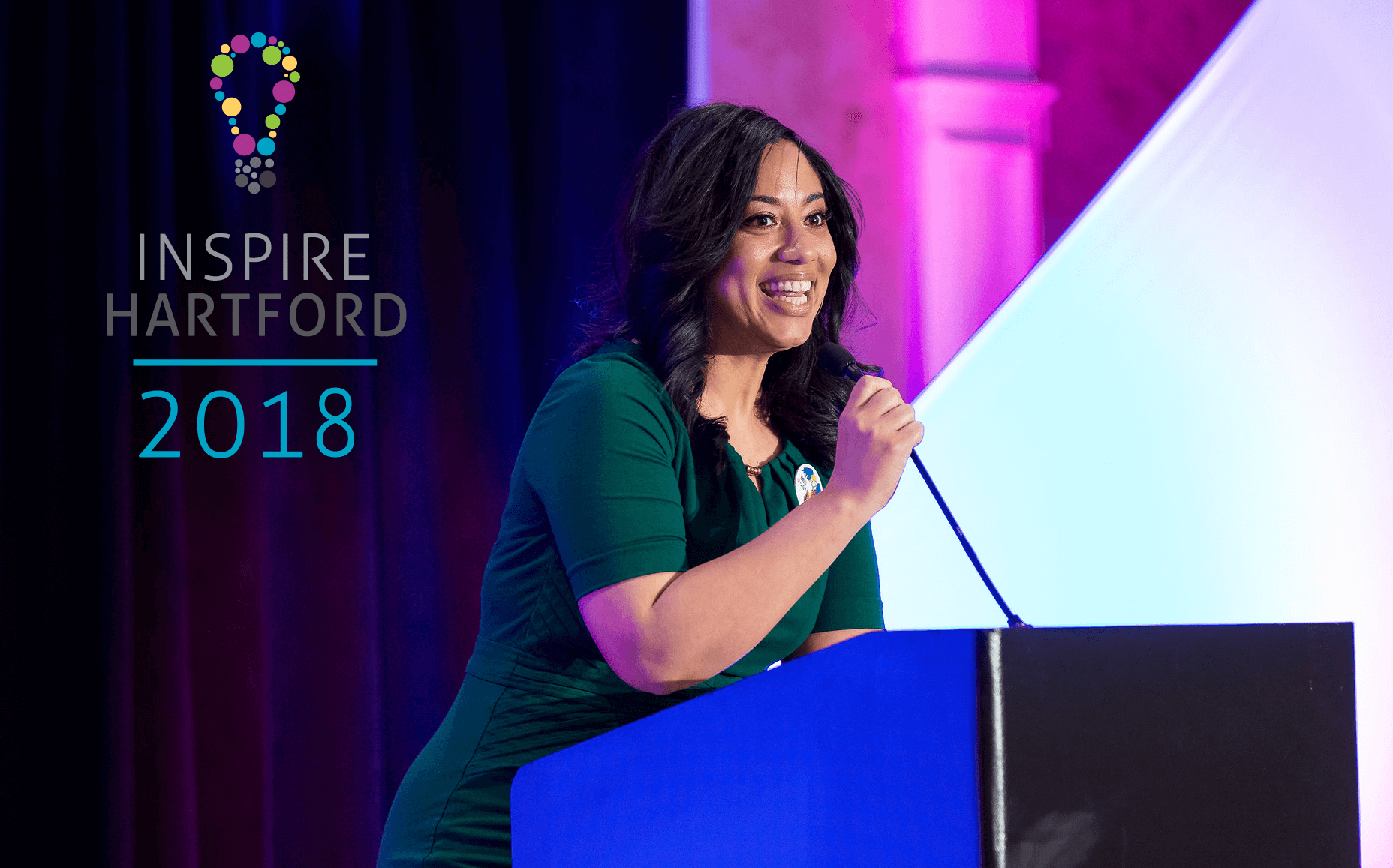How Lincoln Financial Actuaries are Supporting Student Achievement in Hartford
What if there was a way to analyze what prevents students from persisting to high school graduation and to a successful college experience? And what if educators could put interventions in place to give students timely, targeted support to increase the likelihood that they’ll complete college?
A new collaborative effort between Hartford Public Schools (HPS), and Achieve Hartford’s ALL IN! coalition is designed to do just that with the help of Lincoln Financial Group. Through the initiative, actuaries from Lincoln will analyze student data from two sources: the National Student Clearinghouse (NSC) and HPS data spanning from 2009-2016. U.S. colleges and universities submit data to NSC about students who enroll, attend and graduate. (Note: The data provided to Lincoln was carefully reviewed by Hartford Public Schools to remove any information that could lead to identifying a particular student.)
Coalition members already know that some students accepted to college don’t even start and that others who start don’t graduate. The ALL IN! coalition launched a program last summer to prevent ‘summer melt’ – when students who plan to attend a college don’t start in the fall because they can’t afford a fee, miss a deadline or face some other obstacle.
“Every school district in Connecticut sends their graduating class data to the NSC and the clearinghouse issues reports back to the district. The reports detail, in aggregate, how many students are attending each of the potential higher education options – two- or four-year, part-time or full-time, private or public, in-state or out-of-state – and whether they entered college within 24 months of high school graduation,” says Martin Estey, executive director of the Hartford Consortium for Higher Education. “The problem is that nobody has analyzed these reports to spot trends and patterns that might serve as clues to which path is most likely to end in success for Hartford schools’ graduates.”
In 2012, Estey suggested that those working together for students’ success apply some high-level data analytics expertise to the clearinghouse spread sheets, add some data points that aren’t included in the reports, and analyze the numbers to see what they forecast.
“Connecticut has the highest concentration of actuaries in the country – many right here in Hartford,” said Estey. These are professionals who analyze risks and the likelihood of future events. Why can’t we apply some of that type of analysis and talent towards understanding student behaviors when they leave high school?” he says. “When approached with this project, Lincoln’s actuaries spoke up right away. They were willing to donate extremely valuable expertise to this effort.”
The Work Begins
Hartford Public Schools has transferred data to Lincoln Financial and it’s expected to take to school year end for a team of four actuaries to analyze the data and create a predictive model. Once a predictive model is completed, the Lincoln actuaries will meet with the HPS subject matter experts to help them understand the data for their future use.
“Lincoln Financial is committed to helping children reach their greatest potential by providing support for educational programs that impact academic achievement.” said Marlene Ferreira, regional director- Community and Foundation Relations, Lincoln Financial Foundation. “We are very excited to be providing skilled volunteers for this initiative to unleash the power of predictive analytics to identify the factors of academic and post-graduation success.
Paul Diego Holzer, executive director of Achieve Hartford! added, “This kind of partnership work is not common – it’s ground breaking. Hartford is one of only a handful of cities looking at data the way we plan to look at in the coming months.”
Kathleen England, former chief academic officer, Hartford Public Schools, commented, “The predictive model will help us point to which aspects are really impacting our students in whether they attain college enrollment. This data has the potential to help the district better match students with universities, colleges or advanced certification programs that are the best fit for them. I think it’s a really good example of different stakeholders being able to collaborate and come out with something we feel will be really powerful for our students and families.”


